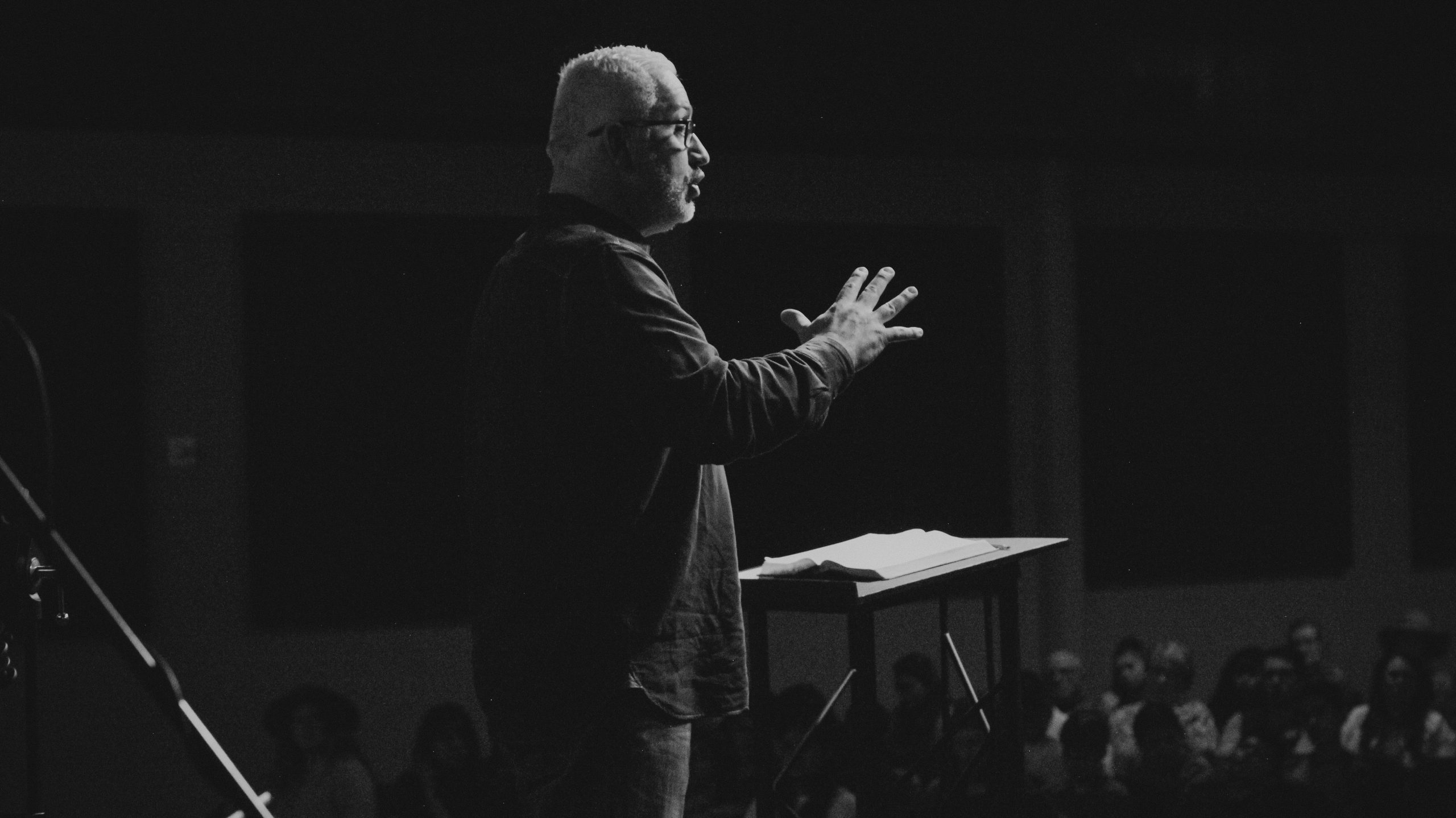John MacArthur on the Danger of Christian Clichés

This post was first published during January 2016. –ed.
If an unbeliever with no religious background walked into your local church, what sense—if any—would he or she be able to make of phrases like “Ask Jesus into your heart,” “I felt led,” or “Let go and let God”? Taken at face value, what should any of that mean to an outsider? And more importantly, how would the explanation of those Christian clichés lead anyone to a clearer understanding of the gospel and other biblical principles?
The church has developed its own insular language, made up mostly of shorthand like the examples above. Too often, we talk about rich biblical truths in these dumbed-down terms. And after generations of such carelessness, many in the church can’t separate these extra-biblical phrases from the truth of Scripture. Worse still, these clichés have encroached into our worship, discipleship, and evangelism, spreading doctrinal confusion throughout all aspects of life in the church.
Don’t mistake that as an argument for abandoning all language that might be unfamiliar to worldly audiences. Biblical words like justification and fellowship have specific, valuable meaning, and they ought to be explained carefully and clearly so that unsaved listeners can appreciate the rich meaning they communicate. The same goes for difficult concepts and imagery, like the idea of being born again—a phrase which posed interpretive issues even for its original audience (John 3:4).
The problem is not that churches are being too biblical in how they discuss and describe God’s truth. On the contrary, too many believers have tried to make the truth relevant by dumbing down the language of the church, which they ridicule as “Christianese.” Rather than guarding, defending, and explaining the language of Scripture, they resort to a variety of clichés that often betray the original intent of their biblical basis—others are wholly unbiblical to begin with.
Does the precision of how we talk about God and His Word really make an eternal difference? When John MacArthur was recently in studio, we asked him about the potential dangers of Christian clichés, and which ones he finds particularly troublesome. Here’s what he said:
https://www.youtube.com/embed/eDKwOMV3y3g
Doctrinal precision matters. And it will remain elusive and unattainable for God’s people as long as we lazily lean on Christian clichés that confuse and corrupt the truth. For the sake of our own spiritual growth, and for the sake of the watching world that needs the clear truth of Scripture, we need to tidy up the way we talk about God and His work in our lives.
In the days ahead, we’re going to take a closer look at some of the most popular and polluting clichés that the church has embraced. We’ll examine their roots in Scripture, and where they leap off the tracks of biblical fidelity. Through this study, we want to help you discipline your mind to think biblically and guard your tongue from careless statements that undermine the rich truth of God’s Word.



